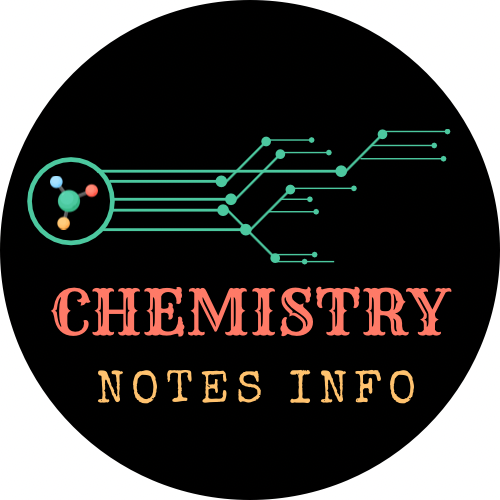Quiz Questions with Answer - MCQs on Elements of Group 17
Welcome to the fascinating world of Group 17 elements, commonly known as the Halogens! This group, found in the periodic table, consists of fluorine (F), chlorine (Cl), bromine (Br), iodine (I), and astatine (At). Let's embark on a journey of discovery with some intriguing multiple-choice questions (MCQs) that will test and enhance your knowledge of these essential elements.
MCQ-1. Elements of which one of the following groups will form anions most readily.
MCQ-2. Mark the halogen which is solid at room temperature.:
MCQ-3. The correct order of electron affinity among the following is:
MCQ-4. The halogen that is most easily reduced is:
MCQ-5. Which of the following has the highest heat of hydration?
MCQ-6. Which one of the following pairs of substances when heated together will quickly produce small amounts of chlorine gas?
MCQ-7. Chlorine is used in the extraction of:
MCQ-8. Bromine turns starch paper:
MCQ-9. Chlorine acts as a bleaching agent only in presence of:
MCQ-10. Chlorine acts as a bleaching agent due to its:
Unveiling the Secrets: A Deep Dive into Group 17 Elements through MCQs
Given below are the next 10 questions with answers at bottom.
Question 1:
What is the common valency of Group 17 elements?
a) +1
b) -1
c) +2
d) -2
Question 2:
Which of the following halogens is in a gaseous state at room temperature?
a) Chlorine
b) Bromine
c) Iodine
d) Astatine
Question 3:
What is the halogen displacement order, from the most reactive to the least reactive?
a) F > Cl > Br > I > At
b) At > I > Br > Cl > F
c) F > Cl > I > Br > At
d) At > Br > I > Cl > F
Question 4:
Which halogen is commonly used in water purification?
a) Fluorine
b) Chlorine
c) Bromine
d) Iodine
Question 5:
What is the state of iodine at room temperature?
a) Solid
b) Liquid
c) Gas
d) Plasma
Question 6:
What is the electron configuration of astatine?
a) [He] 2s² 2p⁶ 3s² 3p⁶ 4s² 3d¹⁰ 4p⁶ 5s² 4d¹⁰ 5p⁵
b) [Kr] 5s² 4d¹⁰ 5p⁵
c) [Xe] 6s² 4f¹⁴ 5d¹⁰ 6p⁵
d) [Rn] 7s² 5f¹⁴ 6d¹⁰ 7p⁵
Question 7:
Which halogen is known for forming compounds with a beautiful violet colour?
a) Fluorine
b) Chlorine
c) Bromine
d) Iodine
Question 8:
What is the most reactive halogen?
a) Fluorine
b) Chlorine
c) Bromine
d) Iodine
Question 9:
Which halogen has the highest atomic number?
a) Fluorine
b) Chlorine
c) Bromine
d) Iodine
Question 10:
What is the trend in boiling points within Group 17?
a) Increases down the group
b) Decreases down the group
c) Remains constant
d) Fluctuates randomly
Answers of above 10 Questions:
1. b) -1
2. a) Chlorine
3. a) F > Cl > Br > I > At
4. b) Chlorine
5. a) Solid
6. d) [Rn] 7s² 5f¹⁴ 6d¹⁰ 7p⁵
7. c) Bromine
8. a) Fluorine
9. d) Iodine
10. a) Increases down the group
Congratulations on completing the Group 17 Elements MCQ challenge! Use these questions to reinforce your understanding of halogens and their properties. Happy learning! Visit our My Science Store!



%20(1).png)

💕💞👍
ReplyDelete💕💞👍
ReplyDelete